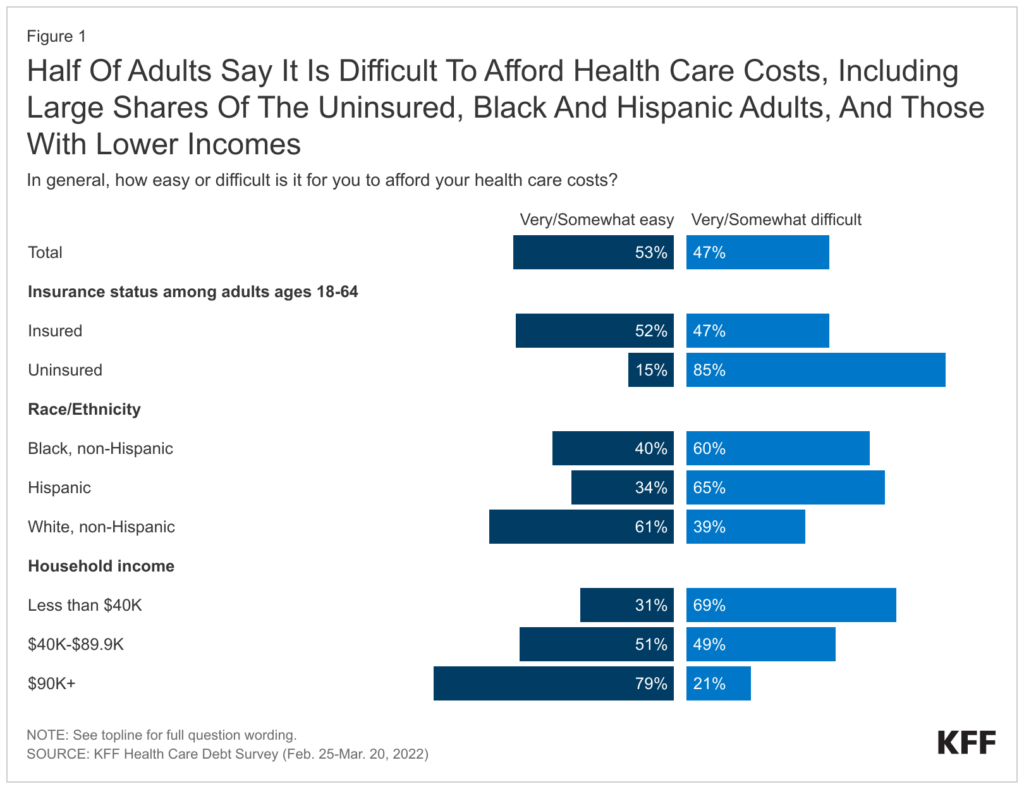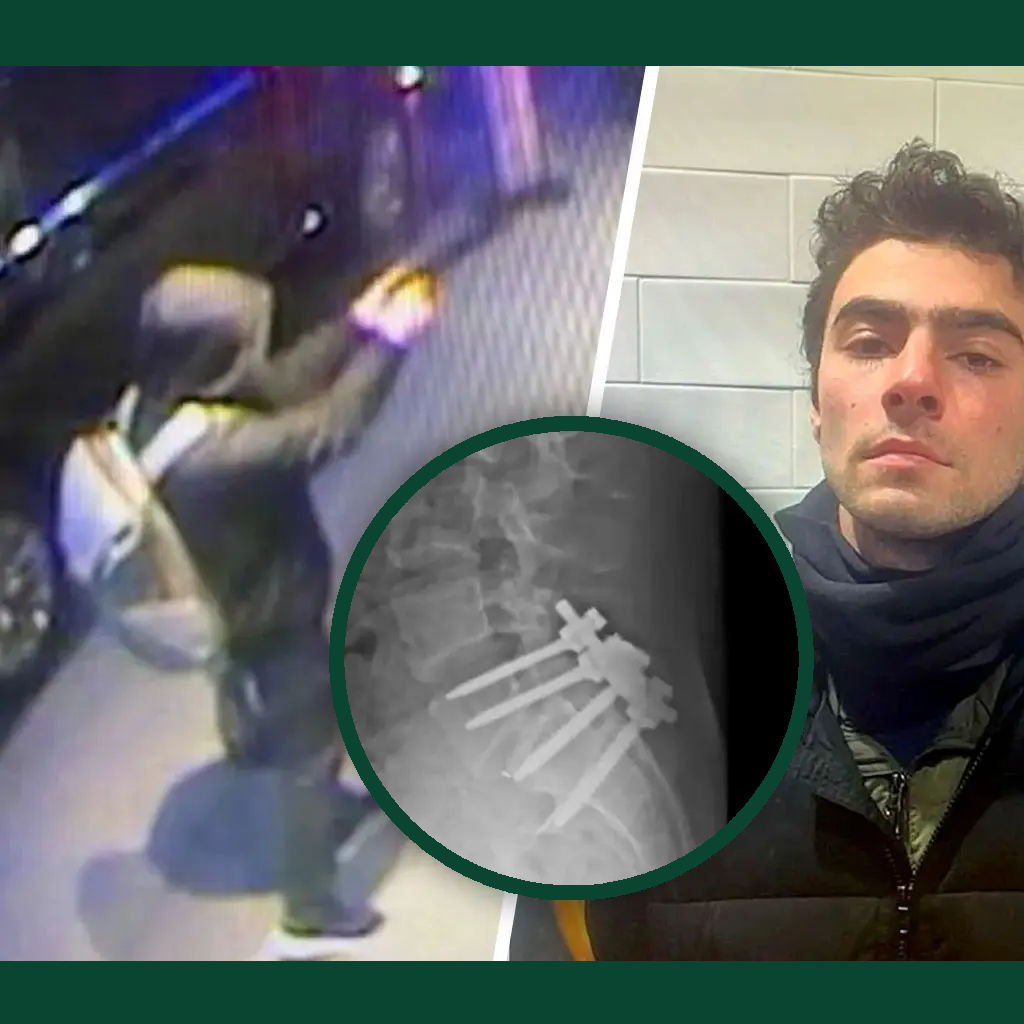Theoretically, federal cannabis legalization would alleviate healthcare inequities, offering affordable alternatives and reducing systemic frustrations that fuel societal unrest.
Could Cannabis Legalization Have Helped Prevent This?
The recent assassination of UnitedHealthcare CEO Brian Thompson has illuminated the glaring inequities and systemic frustrations within the American healthcare industry. While the specifics of this incident continue to emerge, it’s virtually impossible to ignore the broader implications.
A system seen as prioritizing profits over people leaves millions feeling powerless, underserved, and exploited. This leads to an urgent and provocative question: could federal cannabis legalization, even just for medical use, have provided a much-needed outlet for the mounting pressures that contributed to such an extreme outcome?
A Healthcare System on the Brink
The U.S. healthcare system is widely regarded as one of the most expensive and inaccessible in the developed world.
Despite spending more on healthcare than any other nation, the United States consistently ranks poorly in various health system performance evaluations. For example, according to a 2024 report by the Commonwealth Fund, the U.S. ranks last among 10 high-income countries in overall healthcare performance, scoring particularly low in access to care, equity, and health outcomes.
As a point of fact, millions of Americans are forced to make impossible choices between financial stability and basic medical care , with some even having to ration much needed medication due to an inability to afford the exorbitant costs.
A 2023 report from the Kaiser Family Foundation revealed nearly half of U.S. adults struggle to afford healthcare, while over 40% carry medical debt. These staggering statistics paint a picture of a system failing its people—a failure that often fosters anger, desperation, and, in rare but devastating cases, violence.

This backdrop of systemic neglect raises an important consideration: could a policy shift toward cannabis legalization alleviate some of the root causes driving dissatisfaction, despair and desperation within a healthcare system built to delay, deny and defend?
Luigi Mangione: The Journey from Chronic Pain to Desperation
Luigi Mangione, the alleged assailant in the assassination of Brian Thompson, reportedly struggled for years with severe back pain following a debilitating injury. He is one of over 600 million people globally who live with serious back pain, and one of about 50 million nationwide living with chronic pain.
It is likely that during his quest for care, Mangione found himself face-to-face with an incompetent and indifferent healthcare system more focused on bureaucratic processes than patient well-being.
One noteworthy thing about pain, especially chronic pain, is its correlation to mental health. Chronic pain, when left untreated or insufficiently managed, often leads to feelings of hopelessness, desperation and even suicidal thoughts or behavior. That is to say that it’s quite possible the 26-year-old Mangione was suffering from psychological pain in addition to physical ailment, the former brought about by the latter.
Interestingly, one treatment has emerged as an increasingly recognized remedy for chronic pain, offering relief without the addictive risks of opioids: cannabis. Increasingly, chronic pain patients have reported significant improvements in their quality of life with medical cannabis, avoiding the harmful side effects of traditional pharmaceuticals.
It’s not just pain; in fact, there are many aspects of health that it’s becoming evident could very likely benefit from cannabis treatment.
has demonstrated potential as a treatment for a range of conditions, including forms of cancer, HIV/AIDS, hepatitis C, ALS, Crohn’s disease, Alzheimer’s, cachexia (wasting syndrome), severe nausea, seizures (such as those caused by epilepsy), persistent muscle spasms, including those associated with multiple sclerosis (MS), and post-traumatic stress disorder (PTSD).
Obviously, it’s difficult to speculate as to the suspect’s views on cannabis, although it may be worth noting that he hails from Maryland, where cannabis is legal for medical and recreational use.
Nevertheless, it’s interesting to contemplate. In a world where cannabis is federally legalized and more readily accessible, would potential future ‘Mangiones’ be less likely?
It stands to reason, at least theoretically, that legal access to cannabis as pain management could represent an alternative avenue for relief, potentially defusing some of the frustration that could lead to future incidents of this nature.
Gary Schmit: Denial of Treatment and Loss of Autonomy
Meanwhile, in another glaring indictment on the healthcare system, Phoenix resident Gary Schmit is fighting for his life after being denied a key part of his cancer treatment.
Despite his doctor prescribing chemotherapy as necessary, Schmit’s insurance provider refused to cover it, claiming it was unnecessary. This decision not only left Schmit scrambling for alternatives but also stripped him of patient autonomy—the right to make informed decisions about his care with the guidance of his doctor. By denying his treatment, the insurer in this case is suggesting they know more about cancer treatment than an actual doctor.
In stark contrast to the traditional healthcare bureaucracy, medical cannabis empowers patients with choices. With the help of a certifying doctor, individuals can determine the best course of treatment without healthcare corporations overruling medical expertise.
What’s more, for cancer patients like Schmit, cannabis has shown promise both as a tool for managing symptoms like pain, nausea, and appetite loss, and as a potential adjunct therapy in combating some forms of cancer itself. Emerging studies suggest cannabinoids may even inhibit tumor growth and enhance the efficacy of chemotherapy, offering patients an option that traditional systems often deny.
By placing decisions back in the hands of patients and doctors, and removing the profit motive of corporatized healthcare, medical cannabis represents a patient-centered approach to care—one that prioritizes dignity, autonomy, and meaningful treatment options over corporate profits. Schmit’s case highlights the urgent need for alternatives that empower rather than undermine those fighting for their lives.
Cannabis as a Transformative Healthcare Alternative
A federally legalized cannabis market would integrate this treatment option into the healthcare system, giving patients greater control over their choices. If the seeming ubiquity of dispensaries in legalized states is any indication, such a move could provide a way to bypass the bureaucratic hurdles of insurance denials at the hands of corporate healthcare providers.
For many, cannabis represents a cost-effective alternative, decentralizing control and empowering patients to take charge of their health.
Financial Relief and Systemic Pressure Reduction
Beyond its therapeutic benefits, cannabis legalization has the potential to ease financial burdens on both individuals and the healthcare system. States with legalized cannabis markets, such as Colorado and California, have already demonstrated the significant economic benefits of this industry.
In Arizona, cannabis taxes have funded public health initiatives, addiction recovery programs, and education systems. A federally regulated market could replicate and amplify these outcomes nationwide, reinvesting billions into healthcare infrastructure and programs for underserved communities.
Preventing Healthcare-Driven Desperation
The systemic inefficiencies of U.S. healthcare often leave individuals feeling voiceless and overwhelmed with the cost of care.
While the motives behind the UnitedHealthcare CEO’s assassination remain speculative, there’s no denying the societal conditions that often fuel such incidents. This much is evident by the response to the killing, which has been predominantly indifferent, especially by those who, themselves, have been exploited by the very C Suite executive class that Thompson represented.
Legalizing cannabis would undoubtedly provide an outlet for those overwhelmed by emotional and financial stressors, offering a pressure valve in the way of affordable, accessible relief for chronic pain and mental health treatment.
Consider a hypothetical patient struggling with unrelenting pain and mounting medical debt. This individual might feel abandoned by a system that seems indifferent to their suffering.
Accessible cannabis treatments could improve their quality of life while significantly reducing their financial strain. By addressing these systemic frustrations, cannabis legalization could diffuse tensions before they escalate into irreparable harm.
Lessons from Legalized Markets
States with legal medical or recreational cannabis markets offer valuable case studies. Arizona, which legalized medical cannabis in 2010, has seen widespread patient reports of improved pain management and mental health outcomes. Similarly, Canada’s federal cannabis legalization in 2018 demonstrated measurable benefits, with many citizens turning to cannabis for affordable treatment options, thereby reducing strain on the traditional healthcare system.
The Path to a Compassionate Healthcare Future
It’s clear that cannabis legalization alone cannot resolve the deep-seated issues plaguing U.S. healthcare. However, it represents a critical step toward a more inclusive, flexible, and humane system. By offering affordable alternatives, reducing reliance on pharmaceutical giants, and empowering patients, federal legalization could alleviate some of the frustrations that feed into societal unrest.
As the nation grapples with the motives of Brian Thompson’s death, a broader question—one that begs to be addressed—is whether continued cannabis prohibition exacerbates the conditions that make such tragedies possible. Could a more compassionate and accessible healthcare framework, with cannabis as a legitimate treatment option, help prevent similar outcomes in the future? While the answers may be complex, the potential for cannabis to contribute to systemic reform is already there, waiting to be put into action.

***
Trap Culture is the ultimate destination for cannabis enthusiasts who want to experience the best of Arizona’s cannabis culture. Whether you are looking for the hottest cannabis-friendly events, the latest news on cannabis legalization, trends in the industry and exclusive, limited-edition products from the top brands in the market, Trap Culture has you covered. Visit our website to learn more about our events, our blog, and our store. Follow us on social media to stay updated on the latest news and promotions. Join the Trap Culture family and experience the most immersive and engaging social cannabis events in Arizona.




